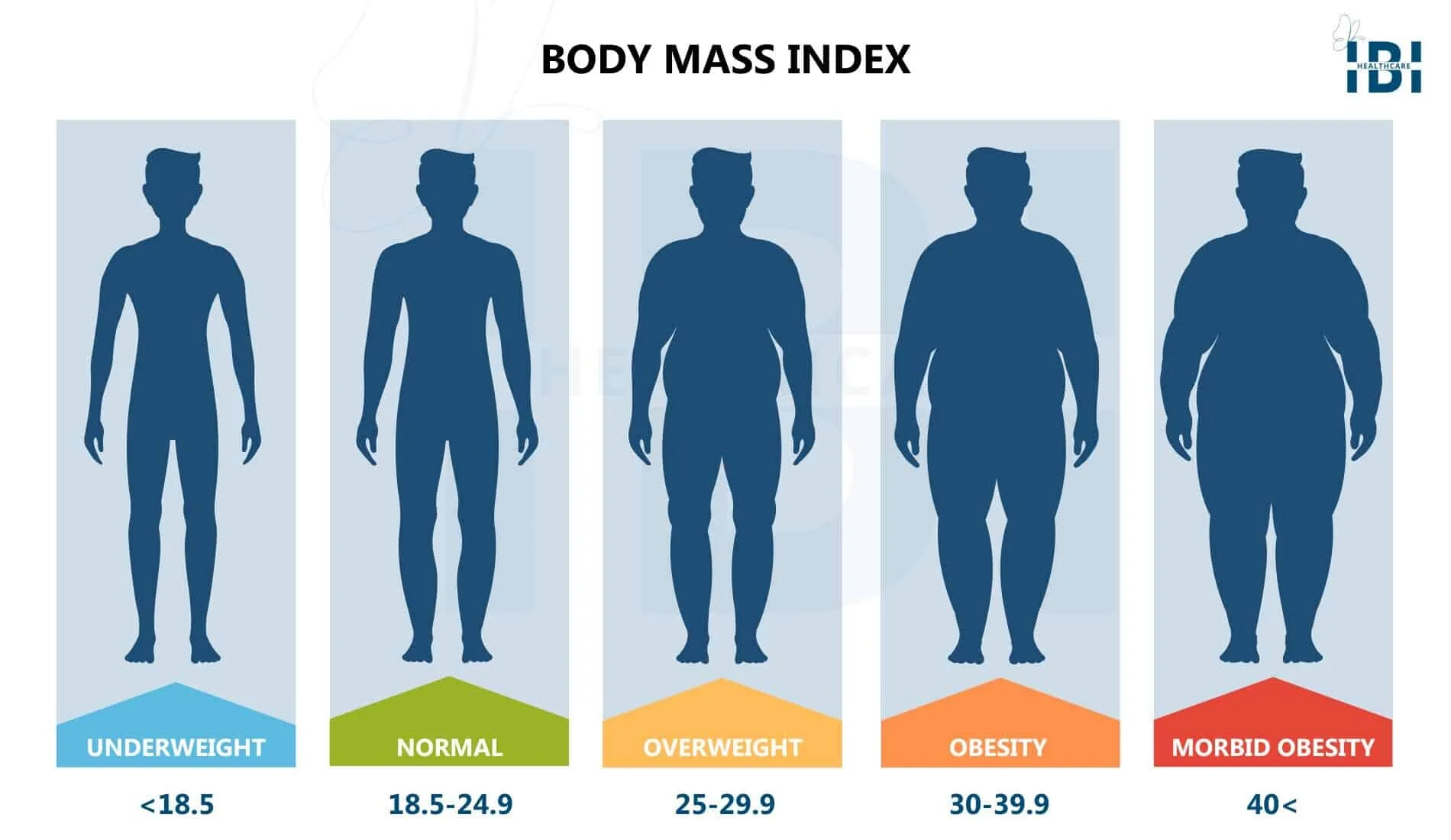Good healthy nutrition in a balanced diet plus exercise will see the kilos falling off you in no time.
Unveiling a Healthier You: At Waite & Sea, we understand the desire to achieve a healthier weight. It’s not just about the numbers on the scales; it’s about feeling energised, confident, and empowered. Here, we’ll unveil a sustainable approach to weight loss, focusing on creating healthy habits you can maintain for life.
The Core Principles:
More Than Just Numbers:
Weight loss is a journey, not a destination. We’ll be with you every step of the way, offering support, motivation, and resources.
Explore Our Resources:
Join our VIP Mailing List and embark on a weight-loss journey focused on sustainable habits and a healthier you!

BMI (Body Mass Index) is important because it provides a simple, widely used method for assessing whether a person’s weight is within a healthy range based on their height. It’s a useful tool for identifying potential weight-related health risks, such as obesity, underweight conditions, and associated health problems like heart disease, diabetes, and high blood pressure. BMI is easy to calculate and doesn’t require special equipment, making it accessible for general health assessments.
However, BMI has its limitations. It doesn’t differentiate between muscle and fat, so it may not accurately reflect the health of individuals with high muscle mass or those with unique body compositions. For this reason, while BMI can be a helpful initial screening tool, it should be used in conjunction with other assessments, such as waist circumference, body fat percentage, and overall health evaluations, to get a more complete picture of an individual’s health.

Your BMI is a calculation that reflects your body weight in relation to your height. While it doesn’t directly measure body fat percentage, BMI is a helpful tool for estimating a healthy weight range based on your height. Its simplicity in measurement and calculation makes it the most commonly used method to assess whether a person’s weight is within a healthy range for their height. Your BMI score will indicate if you are underweight, within a normal weight range, overweight, or obese. However, due to the diverse range of body types, muscle, and bone mass distributions, BMI should not be used as the sole or definitive indicator for assessing health.
Here are the World Health Organization’s (WHO) guidelines for healthy body weight, determined by BMI values specifically for adults. These recommendations are relevant for both men and women aged 18 and over. Unlike adults, children’s BMI is assessed differently due to age-related growth patterns, so their BMI charts are not the same. Below, you’ll find the Body Mass Index chart applicable to adults, both male and female, who are 18 years or older:

At Waite and Sea, we understand that sustainable weight loss goes beyond just physical exercise. Nutrition coaching plays a crucial role in achieving your weight loss goals and maintaining optimal health. We have Nutrition and meal planning available Click here for more info
